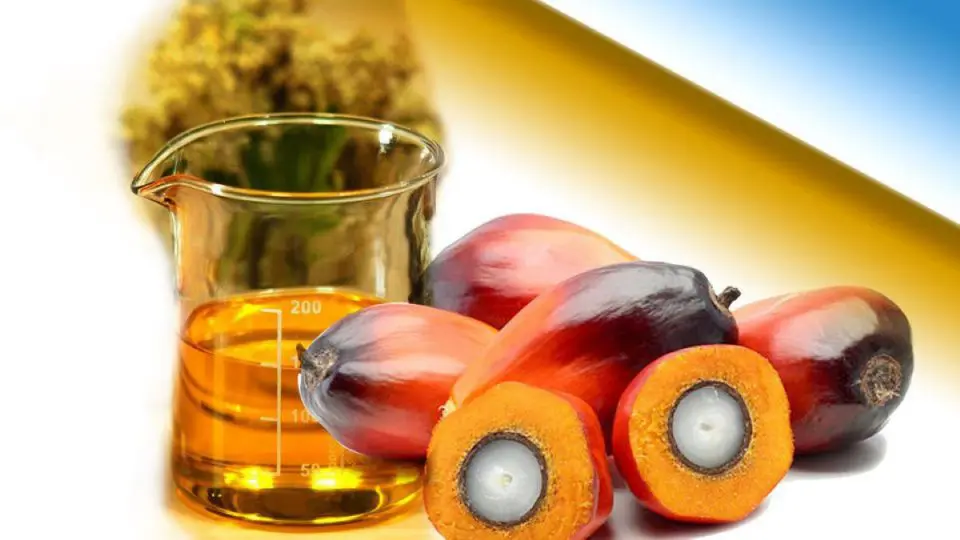KUALA LUMPUR, Nov 30 — Malaysia’s palm oil exports are worth RM51.40 billion with a volume of 12.34 million tonnes for the period from January to October this year, according to the Plantation and Commodities Ministry (KPK).
The export value of palm oil to the ten main importing countries was worth RM31.46 billion, with a volume of 7.79 million tonnes for the period from January to October.
“During that period, India remains Malaysia’s main importer of palm oil. The value and quantity of palm oil exports to India are RM8.87 billion and 2.28 million tonnes.
“China is the second largest importer and Malaysia’s export value was RM4.42 billion and the volume was 1.14 million tonnes, followed by the European Union with RM3.71 billion with an export volume of 0.85 million tonnes,” it said in a reply published on the Parliament website yesterday.
KPK was replying to Senator Datuk Nuing Jeluing, who asked the Plantation and Commodities Minister to state the top 10 countries buying Malaysia’s palm oil in the past three years and the ministry’s efforts to promote palm oil globally.
Based on the Malaysian Palm Oil Board’s (MPOB) statistics from the past three years, Malaysia exported a large amount of palm oil to major markets like India, China, the European Union, Turkey, Kenya, Japan, Pakistan, South Korea, Vietnam, and the Philippines.
Among KPK’s efforts to promote palm oil internationally is through various approaches across the global market.
“For 2024, efforts to increase Malaysia’s palm oil export value will be focused on the Middle East, Africa, Asean, and the Central Asian regions.
“In addition, one of the main strategies of this effort to be more competitive in the international market is to place the Malaysian Sustainable Palm Oil (MSPO) certification scheme as the unique value of Malaysian palm oil products,” it said.
KPK said the focus will also be on value-added products, including oleochemicals, special fats, health supplements, and other derivatives, to increase the export value and the national income.
“The ministry, via the Malaysian Palm Oil Council (MPOC), has identified markets with high demand for value-added products and will develop palm derivative products for those destinations.
“We are confident that with this strategy it will not only continue to maintain the Malaysian palm oil market in the main importing countries but will also expand palm oil exports to developing markets,” it said.
Meanwhile, the proposal to expand kenaf cultivation to Sabah and Sarawak has been implemented by KPK through the National Kenaf and Tobacco Board (LKTN).
“For the development of Sarawak’s kenaf industry, three areas have been identified, namely Ulu Sebauh in Bintulu with an area of 300 hectares, Saribas inBetong with 100 hectares, and Asajaya in Kuching with 100 hectares.
“To ensure that planning for the expansion of kenaf cultivation in Sarawak goes smoothly, KPK is establishing cooperation and holding discussions with the Sarawak government as well as stakeholders like agencies, departments, and the local community, including industry partners,” it said.
Among the main approaches to kenaf cultivation in Sarawak is the cluster farm development model, which involves the private sector and the accumulation of small farms in certain areas.
The KPK was responding to Senator Datuk Ahmad Ibrahim’s question, who wanted to know the ministry’s proposal to expand kenaf cultivation to other areas in Sarawak besides Ulu Sebauh, and strategic planning regarding kenaf to be used as a source of raw material.
— Bernama





